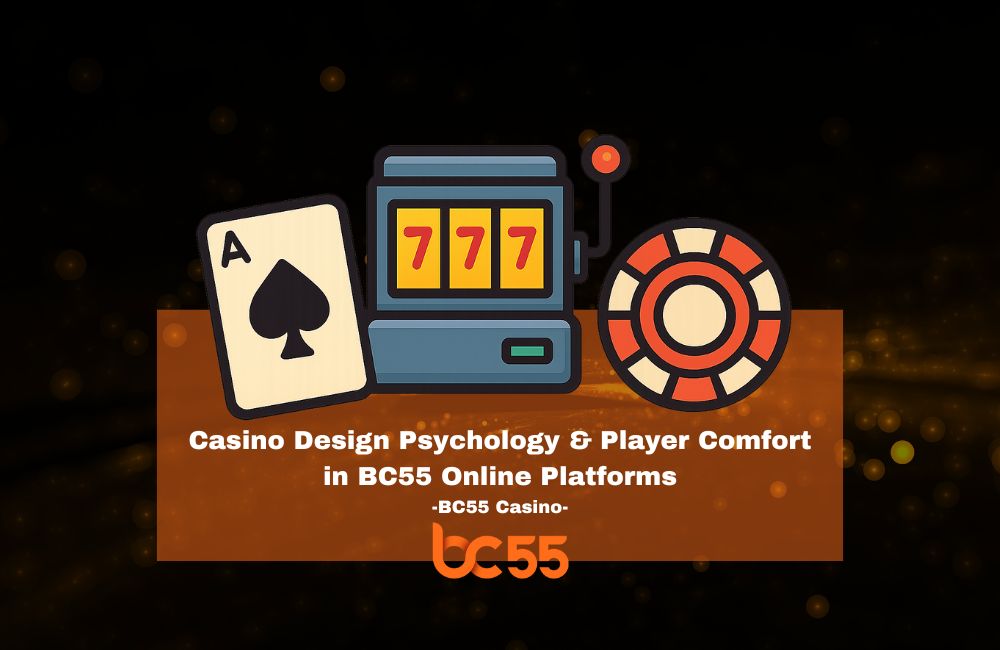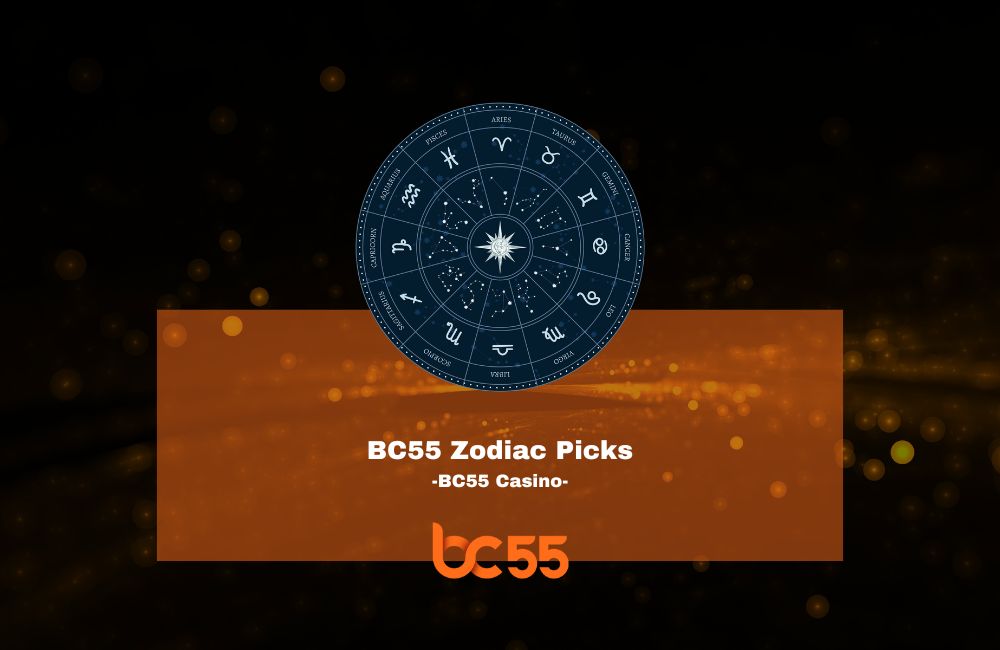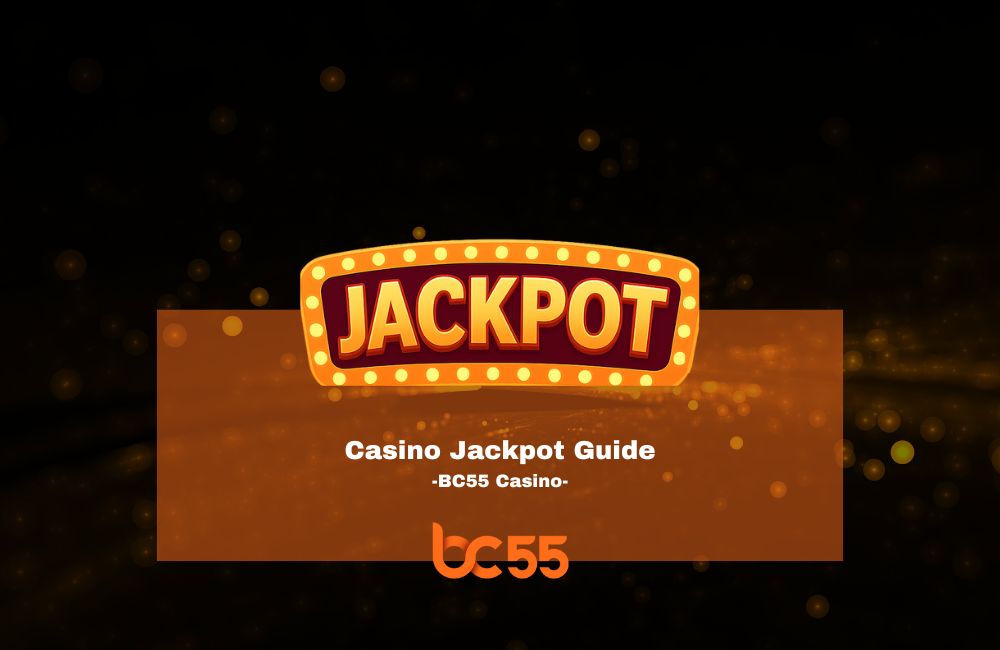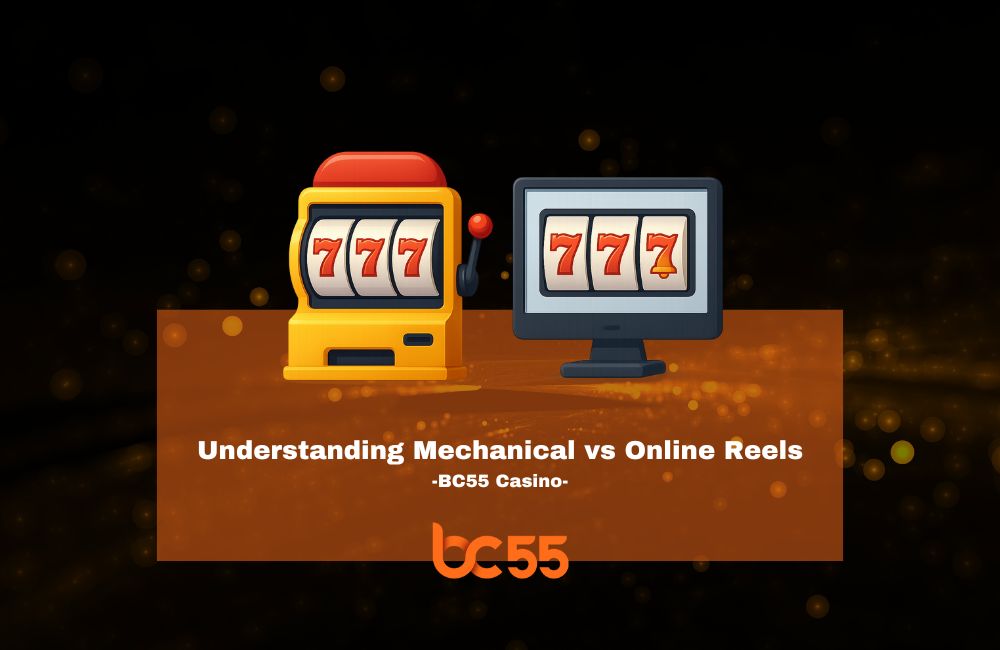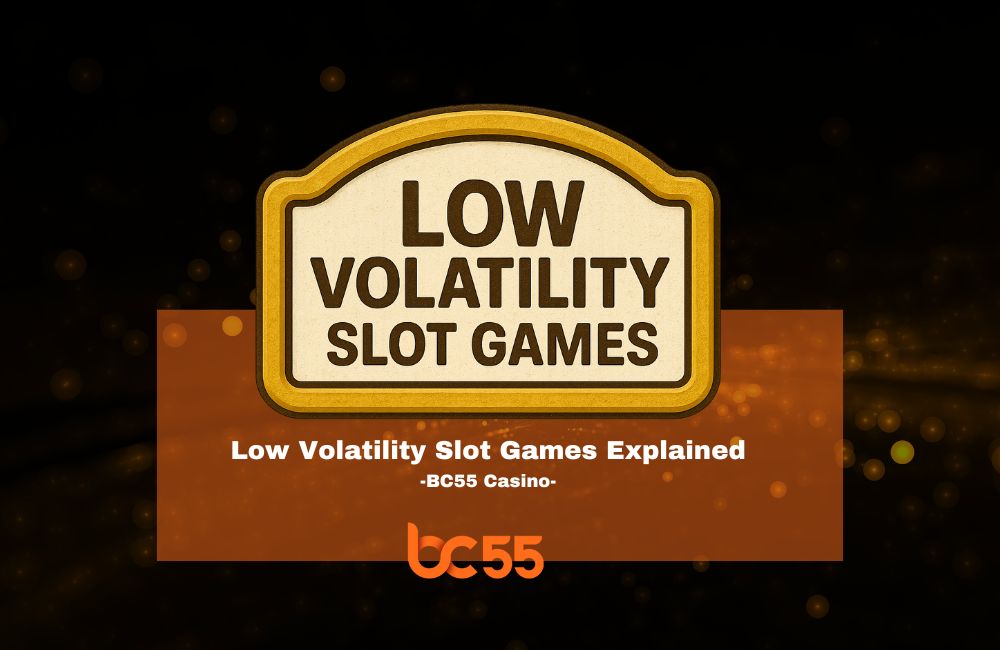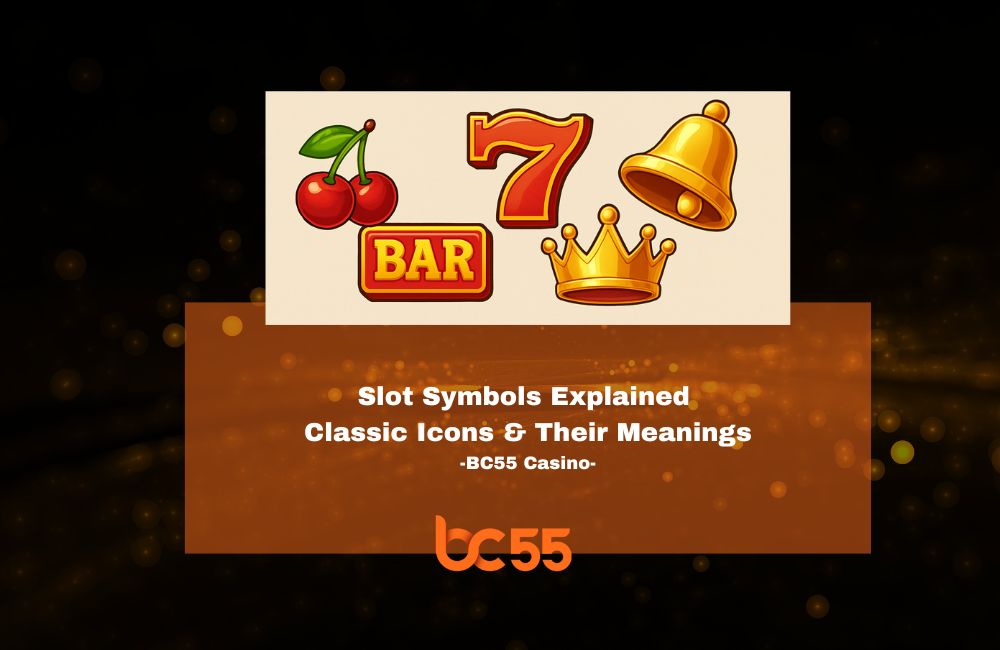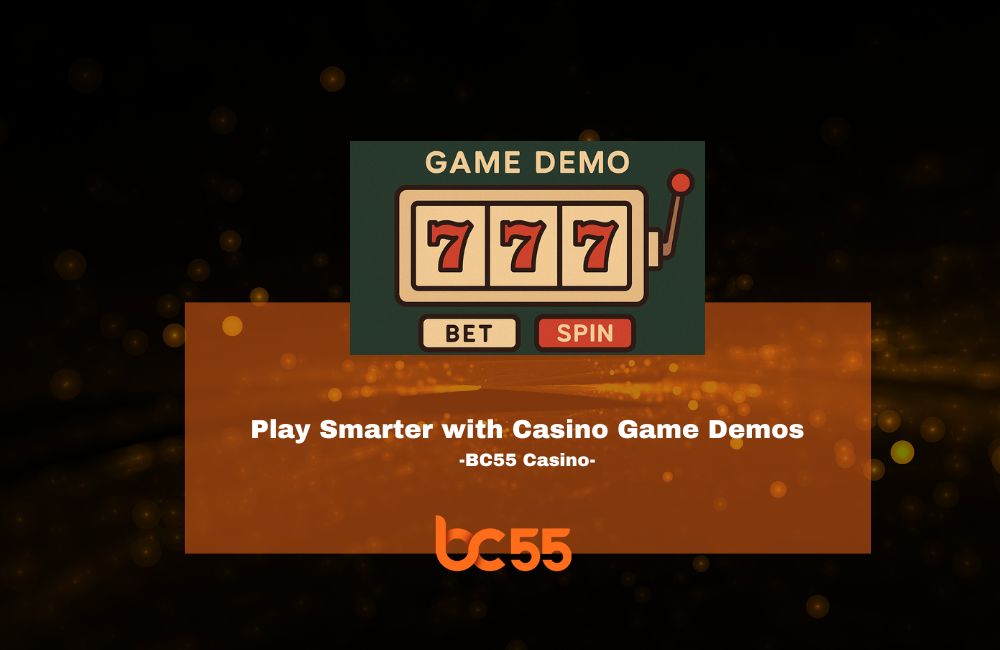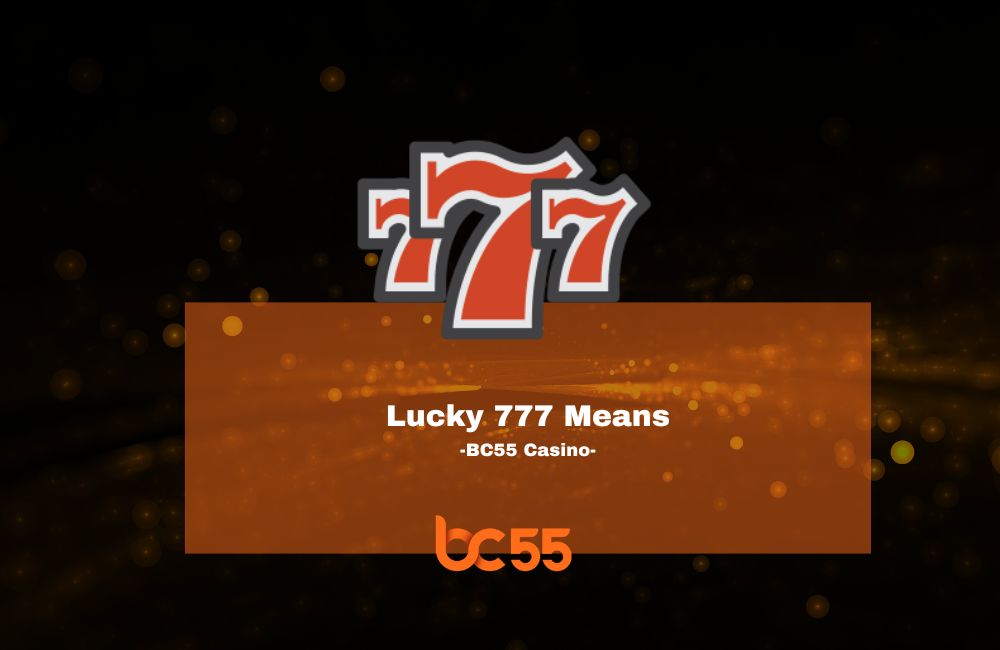Avoid Gambler’s Fallacy in Betting | Why It’s Risky Thinking
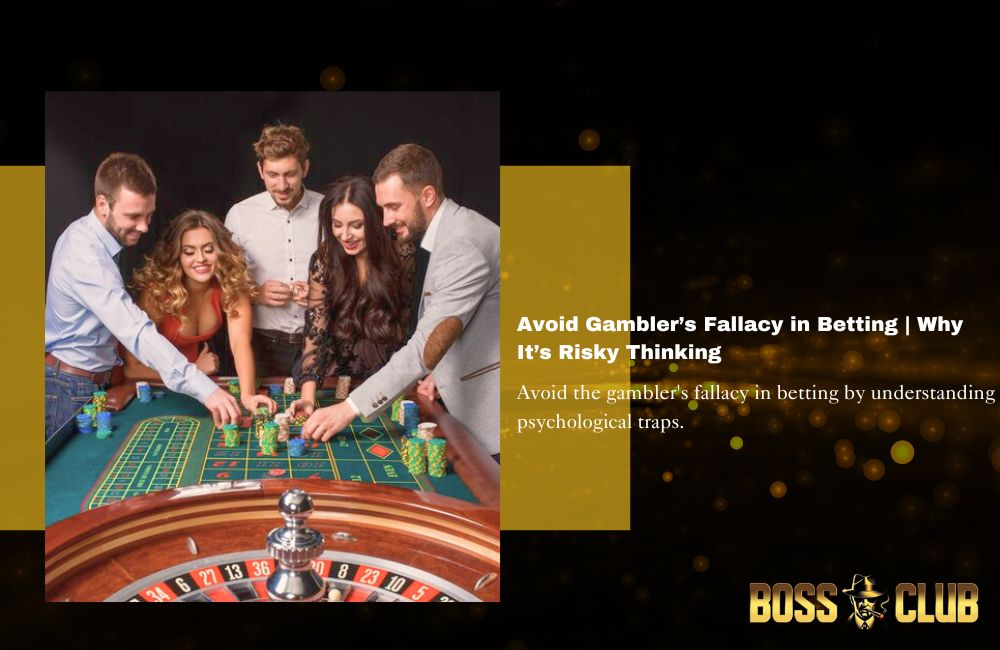
Gambler’s Fallacy In Betting | BC55 Gambler’s Fallacy | Gambler’s Fallacy Psychology | BC55 Casino Gambler’s Fallacy
Many bettors fall into the trap of the gambler’s fallacy in betting. They believe that past outcomes can impact future ones in games of chance. For example, a streak of losing spins might tempt a player to think a win is “due,” but this is a misleading notion. Understanding the psychology of betting biases can help you make smarter decisions and avoid common pitfalls at BC55 Casino.
What is Gambler’s Fallacy
The gambler’s fallacy in betting is the assumption that if an outcome occurs repeatedly, the opposite result is bound to happen soon. Imagine flipping a coin: after several heads, a player might expect tails on the next toss. However, the odds remain 50/50 each time in fair conditions, no matter the previous outcomes. This mindset is common in gambler’s fallacy psychology. It creates false patterns that players assume are part of a “balanced” process, leading them to misjudge their chances.
A similar belief, known as the hot-hand fallacy, is the idea that a streak will continue. For instance, many basketball fans think that players are more likely to score after consecutive successful shots. Yet studies show that streaks in sports are often no different from random patterns. In reality, like in a fair game of chance, prior outcomes don’t influence future ones.
Examples of the Gambler’s Fallacy
A famous example of the gambler’s fallacy in betting took place at the Casino de Monte-Carlo in 1913. The roulette wheel landed on black 26 times in a row. It leads bettors to heavily favor red in hopes it was “due.” However, this belief cost players millions before red finally appeared. This illustrates the dangers of relying on false expectations of probability which extends beyond betting and applies in areas like investing and sports.
The Gambler’s Fallacy Psychology
The gambler’s fallacy psychology stems from cognitive biases particularly our tendency to expect that short sequences represent an ideal pattern. People believe that chance outcomes should even out in small samples as they would over a long term. This causes many to incorrectly assume that prior events impact future ones. Known as “local representativeness,” this bias fuels the gambler’s fallacy and pushes players to assume that a run of losses predicts an upcoming win.
As Tversky and Kahneman’s influential 1974 study explains, individuals expect a random process to reflect fairness even in small samples. This bias toward representativeness can lead to incorrect perceptions of streaks and cause players to favor betting on opposites in the belief that outcomes will “self-correct.”
Besides, the brain’s tendency to see patterns contributes to gambler’s fallacy psychology. This mental shortcut, known as a heuristic, helps in some scenarios but leads to errors in random events such as betting at the online casino.
Why Understanding Gambler’s Fallacy Matters
Grasping the gambler’s fallacy in betting equips players with the insight to avoid common mistakes. For instance, when players recognize that roulette outcomes are independent, they’re less likely to waste money betting on red after multiple black spins. With an understanding of gambler’s fallacy, you can avoid falling into the trap of “due” wins, leading to better budgeting and loss management.
In investing, the gambler’s fallacy psychology can cause investors to make poor choices such as selling profitable assets too soon or holding onto declining ones, expecting a rebound. Being aware of these biases can help improve decision-making whether at a casino or in financial markets.
The fallacy also impacts our everyday life. From personal relationships to job searches, people often misjudge outcomes based on past events, falsely thinking that patterns will influence future results. Understanding this tendency through the lens of gambler’s fallacy psychology can lead to clearer and more rational decisions.
Conclusion
Awareness of the gambler’s fallacy and the psychological biases behind it empowers players to make rational choices. By grasping that chance doesn’t correct itself, bettors can avoid costly errors in casinos and beyond. Recognizing this cognitive bias can enhance your decision-making and keep you grounded in the reality of probability.
About Bossclub5 Casino

BossClub is Malaysia's first-rated online casino, offering a top-notch gaming experience with over 200 exciting online casino games.
Getting Started with BossClub55 Casino
After exploring our guide and tips, start your existing gambling journey at BossClub now!
Step 1 - Visit bossclub55.com and create your free account.
Step 2 - Make your first deposit and claim your exclusive welcome bonuses.
Step 3 - Explore our game lists with a variety of games.
Step 4 - Try games in demo mode or play straight with real-money action.
Step 5 - Download BossClub mobile app for ease of gaming.










